Kurang lebih satu setengah bulan yang lalu, kita merayakan Idul Fitri. Banyak pihak yang khawatir akan meningkatnya kembali kasus COVID-19 di Indonesia. Kekhawatiran ini kemudian terbukti selama satu minggu belakangan, di mana tercatat puluhan ribu kasus (terbanyak jatuh pada hari Kamis lalu dengan 20,574 kasus positif) setiap harinya. Apa yang terjadi, mengapa semua ini terjadi, dan bagaimana herd stupidity kita sangat terkait dengan penambahan kasus yang masif?
Sambil belajar membaca dalam bahasa Inggris, yuk kita kupas apa yang terjadi selama seminggu terakhir di Indonesia lewat rangkuman berikut. Jangan lupa juga baca ulasan kita soal kosakata penyakit yaa sebelum membaca rangkuman di bawah!
It Re-Escalated Quickly: Cases Are Everywhere!
Several areas, such as DKI Jakarta and the West, Central, and East Java reported the surge of cases in the past week. In Bekasi, for example, it is reported that public hospitals are fully occupied, and in the past two days, emergency tents have been built in response to the hospitals’ full capacity. In DKI Jakarta, Wisma Atlet Emergency Hospital is almost full of patients until the government would like to open a new isolation center. Moreover, it is also reported that Central Java ran out of oxygen tubes, despite the assurance that the stock is enough by their Health Department.
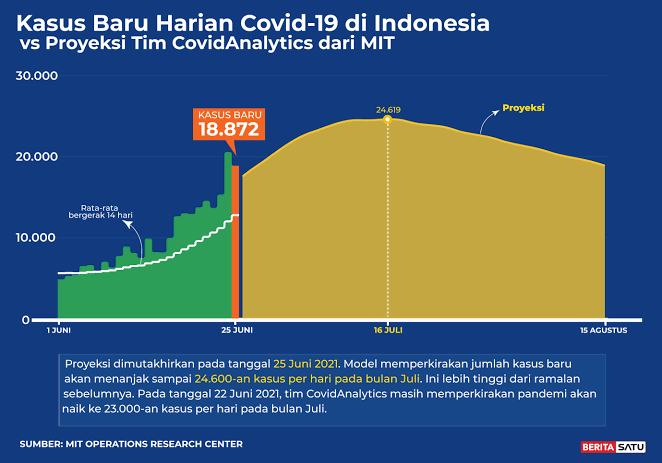
(Graph source: Berita Satu)
A record number of coronavirus cases have been reached in the past few days. Prior to this writing, when we look at the graphics above, we have reached a record number of 20,574 positive cases last Thursday, and 18,872 positive cases as of yesterday. The CovidAnalytics Team from MIT projected the Indonesian COVID-19 cases will escalate further in the next few months, predicting 24,619 as the peak number of cases by July 16, 2021. Hence, this possibly created a new wave of coronavirus infections in Indonesia.
UPDATE: Per the first publication of this writing, the daily record of cases broke again (Saturday, June 26, 2021) by reaching 21,905 cases, with all COVID variants around the world has reached Jakarta.
Despite the official reports and CovidAnalytics’ projections, the US-based Institute for Health Metrics and Evaluation (IHME) Washington University cited the deaths until mid-May was 2,5 times more than the reported numbers, hence Indonesia ranked the 17th with the most coronavirus deaths.
The Factors of the Upsurging Cases, the Delta Variant, and Herd Stupidity
There are two main concerns why COVID-19 cases climbed dramatically in Indonesia, mainly because of high mobility (despite the implementation of Mudik Ban) and lesser people compliance to the health protocols, citing the reasons of getting tired of the pandemic itself, going angry at the government’s restriction implementation inconsistencies, and as a result of the confusion, ignoring the health protocols altogether in the end. This is affirmed by Dicky Chresthover Pelupessy, Ph.D. (social psychologist from Universitas Indonesia), citing the term herd stupidity “is harsh, but has to be said” since it relevantly depicts our current situation. He stated both the people and the government contributed to the herd stupidity. He took an example during Mudik Ban when people should have been banned from making their Eid homecomings, the government did not impose tougher mechanisms to enforce the ban, which “allowed” the people to come home in various ways possible.
At the same time, there are concerns about the spread of the Delta variant, which spreads faster than any other variant. The symptoms are more severe in the Delta variant, including the increased likelihood of hearing loss, severe stomach pains, and nausea, which increases the chance of people being hospitalized or requiring oxygen treatments/enduring other complications. Furthermore, the infodemic (information pandemic) can also contribute to the worsening COVID-19 in Indonesia by the overwhelming spread of false information regarding the pandemic, as exemplified by someone who went angry because he believed coronavirus does not exist during a patrol in West Sulawesi.
Lockdown vs. PPKM Mikro Question
As a response to the rising coronavirus cases in Indonesia, there are two competing mechanisms being raised: a nationwide lockdown or the emphasis of the Micro-Scale Restriction on Public Activities (PPKM Mikro) implementation. There are two main ways to assess these possible solutions: economically and socio-culturally, which possibly contrast each other.
Economically, according to Bhima Yudhistira, an economist from the Institute of Development on Economics and Finance (INDEF), were national lockdowns be implemented around two weeks from now (for 14 days, at least until the beginning of July), the government would spend between 11-25 trillion rupiahs while losing the gross domestic income (GDI) of 77-308 trillion rupiahs compared to the GDI loss of 463-848 trillion rupiahs without the nationwide lockdown. However, people’s non-compliance to health protocols, as well as most people working in informal sectors, were brought to attention during the decision-making process.
The lockdown discourse has been brought by the Governor of Yogyakarta, Sri Sultan Hamengkubuwono X, who considered the total lockdown in Yogyakarta is necesssary because of the soaring cases and to enable their healthcare system to recover. This proposal then received support from the Chief of COVID-19 Task Force from the Indonesian Medical Association (IDI), Prof. Zubaidi Djoerban, who urged the national government to implement a 2-weeks lockdown to slow down the COVID-19 spread and statistically flatten the curve.
However, the Yogyakarta plan to locally lockdown then foiled because of the inability to fund the affected people, while five provinces already declared themselves to be against the total lockdown option due to it not in line with the Micro-Scale Restrictions on Public Activities (PPKM Mikro) policy conducted by the national government. Then, how does the national government respond to the discussion?
The Indonesian President Joko Widodo (Jokowi) insisted that he will not impose a nationwide lockdown, but rather told the regional governments to impose stricter restrictions using PPKM Mikro in their respective regions under the same essential: restricting public activities to flatten the curve. Not only that previously the Presidential Spokesperson, Fadjroel Rahman, cited the PPKM Mikro‘s success to combat COVID-19, but also citing the non-compliance and affected sectors reasoning against the national lockdown. Having studied the nationwide lockdowns in various countries, the implementation of nationwide lockdown is also seen as “not fitting” to the Indonesian society for the aforementioned reasons.
Moving Forward
When it comes to the policies, the member of the 11th Commission of the House of Representatives (DPR), Rahmad Handoyo, argued that “no matter which policy is implemented at the end of the day, the keys are the implementation and enforcement of those measures instead of the type of the measure.” He then added that “as long as PPKM Mikro is implemented strictly and firmly, it will be effective.”
Having witnessed the skyrocketing coronavirus cases (once again) in Indonesia, what we can do is to follow health protocols and comply with the restrictions made by the government by knowing our DVD (distance, ventilation, duration) as also reminded by the President. At the same time, we also have to combat the infodemic by sharing only trustable news and sources, while protecting our loved ones back home.
Stay safe, stay cautious, and stay healthy everyone! Hope we can return to the life before the pandemic as soon as this is over.
Vocab Corner
(the words are listed in alphabetical order)
| English word | Bahasa Indonesia |
| Affirmed | Ditekankan |
| Aforementioned | Tersebut |
| Assurance | Jaminan |
| Depicts | Menggambarkan |
| Discourse | Diskursus, wacana |
| Emphasis | Penekanan |
| Enforce | Menegakkan |
| Exemplified | Dicontohkan |
| Firmly | Dengan tegas |
| Foiled | Dibatalkan, tidak jadi |
| Gross domestic income (GDI) | Pendapatan domestik bruto (PDB) |
| Harsh | Keras |
| Health Department | Dinas Kesehatan |
| Healthcare system | Sistem kesehatan |
| Herd stupidity | Kebodohan komunal |
| Homecomings | Mudik |
| Hospitalized (or UK: hospitalised) | Dilarikan ke rumah sakit |
| Impose | Menekankan |
| Indonesian Medical Association | Ikatan Dokter Indonesia (IDI) |
| Micro-Scale Restrictions on Public Activities | Pemberlakuan Pembatasan Kegiatan Masyarakat (PPKM) Mikro |
| Nausea | Mual |
| Non-compliance | Ketidakpatuhan |
| Oxygen tubes | Tabung oksigen |
Quiz
Since the blog is in English, try to also answer these questions in English!
- Berapa kata berbeda yang kalian bisa temukan selain increase untuk peningkatan? Sebutkan kata-kata tersebut!
- Menurut teks tadi, apa sajakah yang menjadi penyebab meningkatnya kasus COVID-19 di Indonesia dan apa sajakah opsi dalam mengatasinya?


:strip_icc():format(webp)/kly-media-production/medias/3258481/original/093203000_1601903291-20201005-Cipta-Kerja-7.jpg)
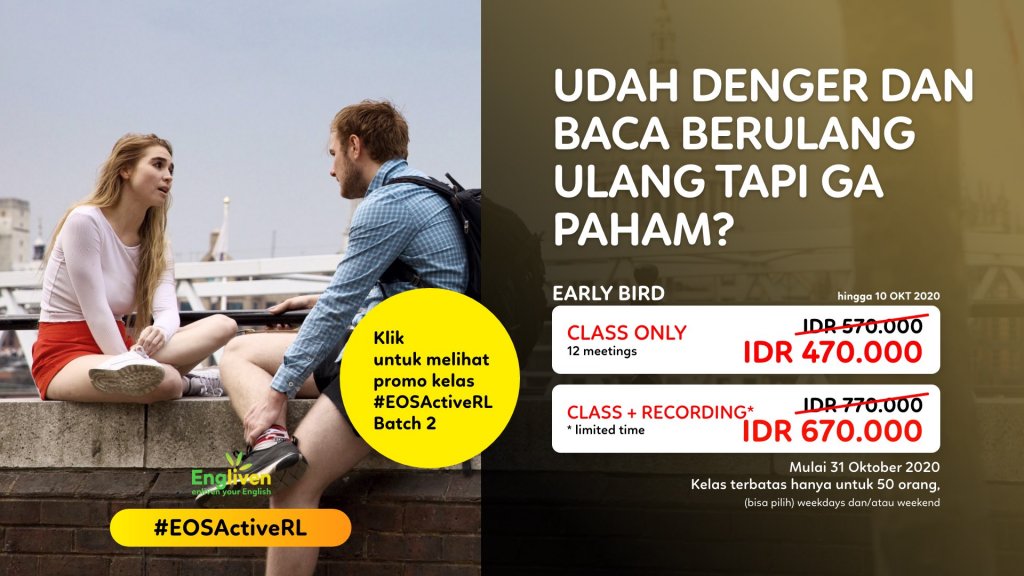
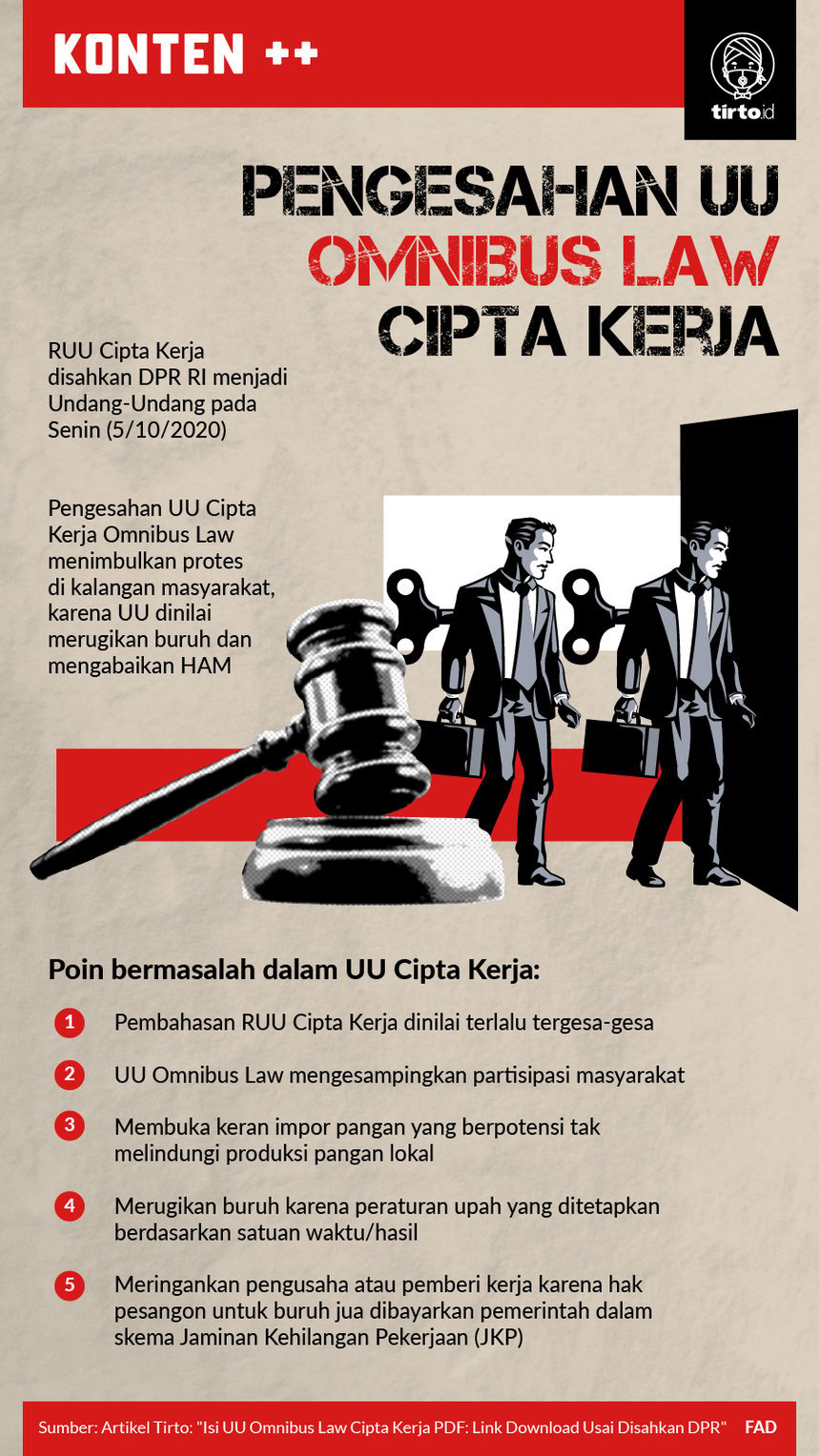





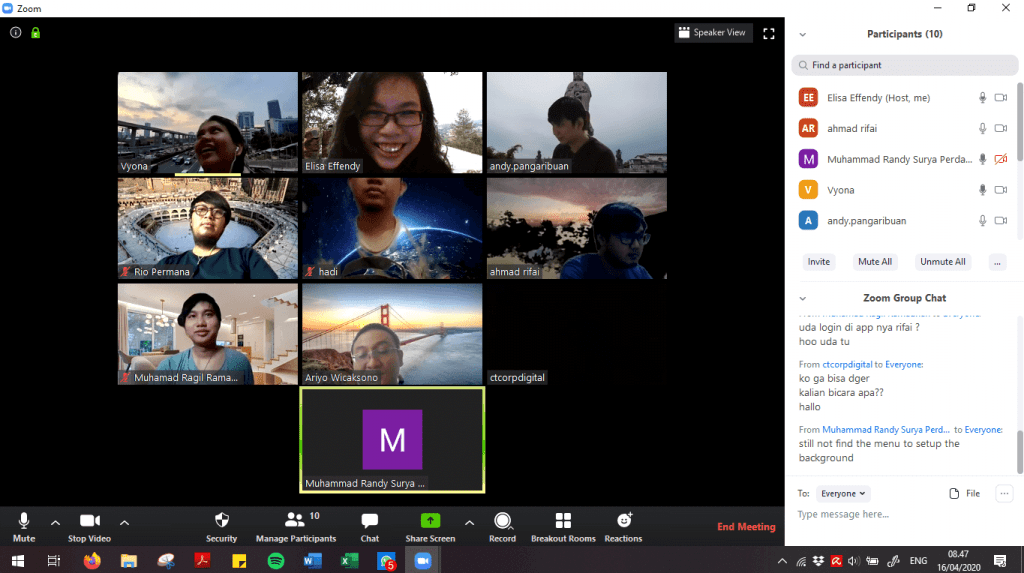

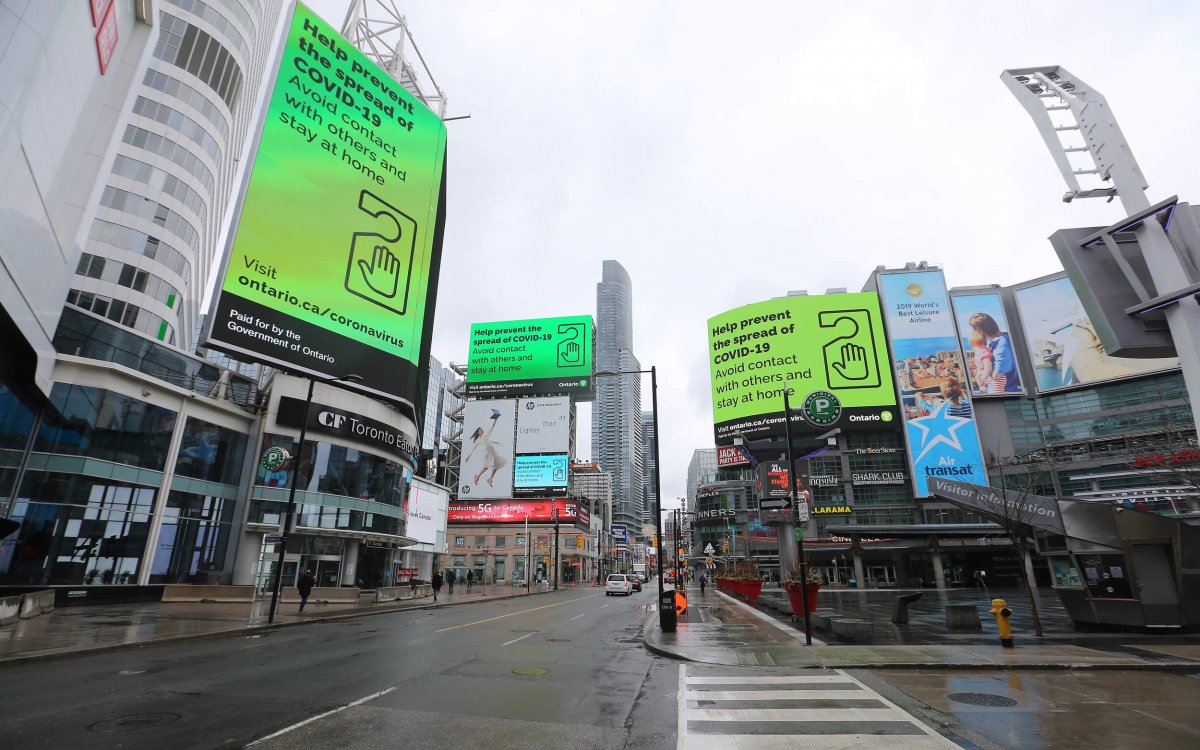






:strip_icc():format(webp)/kly-media-production/medias/3077124/original/053680400_1584292845-20200316-Barcelona-Spanyol-5.jpg)



